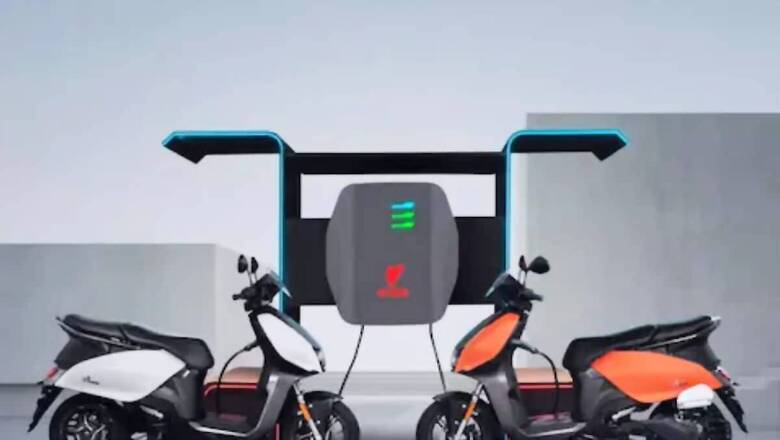
views
The three popular electric vehicle manufacturers, Hero Electric, Okinawa and Benling India, which failed to return the incentives wrongly availed under the government’s flagship FAME-II scheme, could be debarred from all central schemes. In 2022, the Ministry of Heavy Industries received complaints about the flouting of FAME-II guidelines by various OEMs registered under the scheme, alleging that they were selling electric vehicles in violation of local procurement requirements and importing vehicle parts on a large scale. Hero Electric, Okinawa Autotech and Benling India did not return the incentives and were therefore deregistered from the FAME-II scheme. Okinawa was not debarred because the country was in court at the time.
“The next step is debarment from all Indian government schemes. This has not happened so far as it is a gradual process and the Finance Ministry approves exclusion of a company from any of the ministries’ schemes/policies,” a senior official told a news agency. The official also said that AMO Mobility, Greaves Electric Mobility and Revolt Motors have received no-objection certificates under FAME-II but are not registered under the Electric Mobility Promotion Scheme (EMPS) 2024.
“The process of making them (the three companies that received no-objection certificates) eligible for future schemes is underway. The ministry has constituted a committee. The committee has made some findings. Since this matter is still pending and is being heard in court, we cannot disclose any details,” he said.
The Ministry of Heavy Industries (MHI) of India launched the Electric Mobility Incentive Scheme (EMPS) in March 2024. The objective of the scheme is to encourage the adoption of two and three-wheeler electric vehicles for commercial purposes and provide necessary support for the development and manufacturing of electric vehicles in India.
The EMPS-2024 will be implemented for four months, from April 2024 to July 2024. The scheme has a budget of Rs 500 crore and offers subsidies for electric vehicles. Each electric two-wheeler will be subsidised with up to Rs 10,000, each small electric three-wheeler with up to Rs 25,000 and each large three-wheeler with up to Rs 50,000.
The MHI will return the subsidies or demand incentives to the e-mobility manufacturers on the sale of a vehicle, which will also support the consumer’s benefit because the subsidy amount is deducted from the final invoice price, thereby reducing the purchase price of the electric vehicles.



















Comments
0 comment